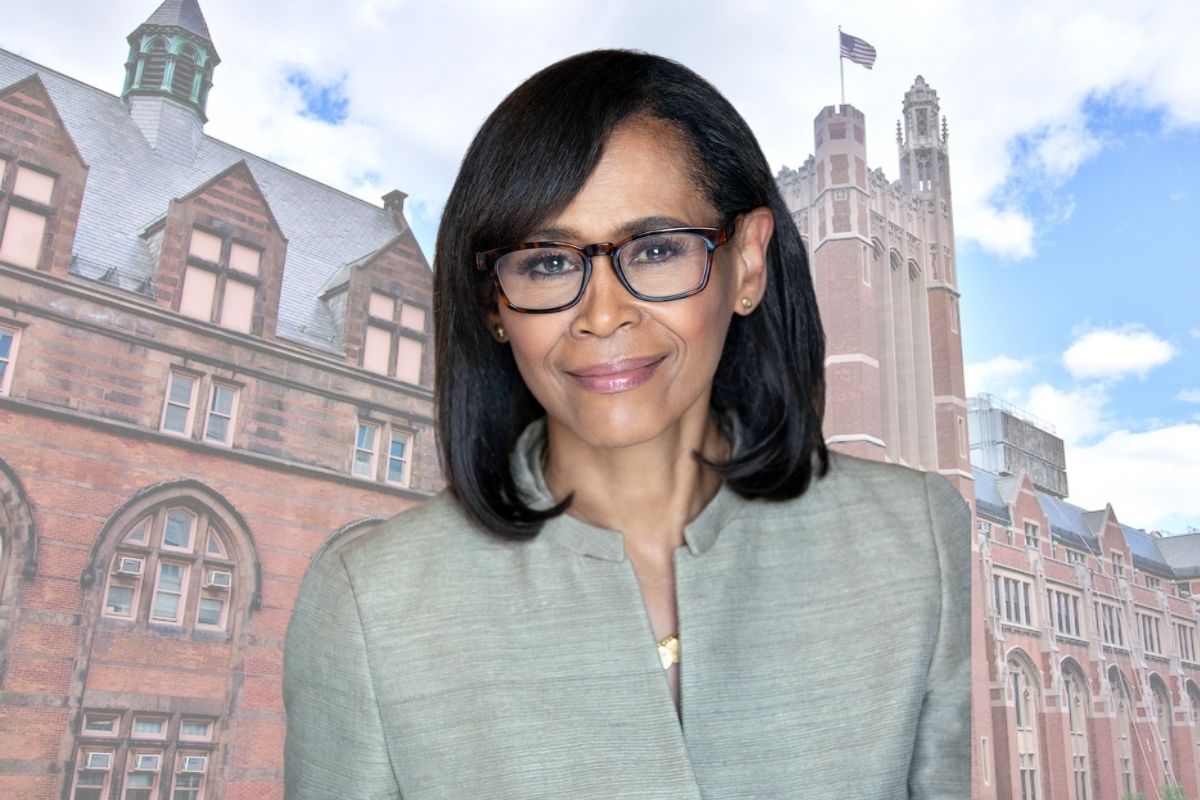Throughout her career, TC alumna and multi-disciplinary scholar Pamela Newkirk (Ph.D. ’12) has continually witnessed the racial diversity problems of journalism and academia first-hand. But despite the company trainings, conversations and even diversity specialists, where was the real change?
Newkirk explores just that in her latest book, Diversity, Inc. - The Failed Promise of a Billion-Dollar Industry, which dissects the barriers preventing meaningful diversity and inclusion in most professional sectors.
“You can dismantle a biased system, but it takes [multi-dimensional] intention,” Newkirk said recently in a panel with TC’s Elissa Perry, Professor of Psychology and Education, at this year’s Academic Festival. “The only way to address [bias] is to lean into [the data] and to see very clearly where the patterns are in the system and go about dismantling.”
Diversity Inc. is just the latest installment of Newkirk’s life-long work related to the African Diaspora. Newkirk, the daughter of an antique dealer who sparked her scholarly interest in Black life and culture, is the author of five books and numerous articles appearing in publications like The New York Times, The Washington Post, Essence, and Time magazine. For Newkirk, the work is more critical than ever.
“Here we are at this inflection point where we yet again have an opportunity to look at where we are and take off those rose-colored glasses that many people had – that we were ‘post-race,’ that we had ‘already conquered those issues,’” Newkirk reflected. “Since the 1980s, we’ve continued to slide back [on racial equity], and the needle has barely moved since.”
For Newkirk, an alumna of the College’s International and Comparative Education program, real organizational change lies in action-oriented responses and accountability. “There has been more attention to gestures than to the actual work of dismantling bias,” says Newkirk, “and it is why we’ve seen billions of dollars spent on diversity efforts without seeing anything change in organizations.”
Both Newkirk and Perry agree: diversity training alone doesn’t cut it. “It’s often necessary, but not sufficient for change,” Perry remarked, “and as [Newkirk] said before, it has to be more intentional and effective to all parts of the system and often it is just a little box that’s checked.”
So what comes next? Watch the full discussion between Newkirk and Perry above, and find more thought-provoking discourse on pressing social justice issues from the recent Academic Festival here.
